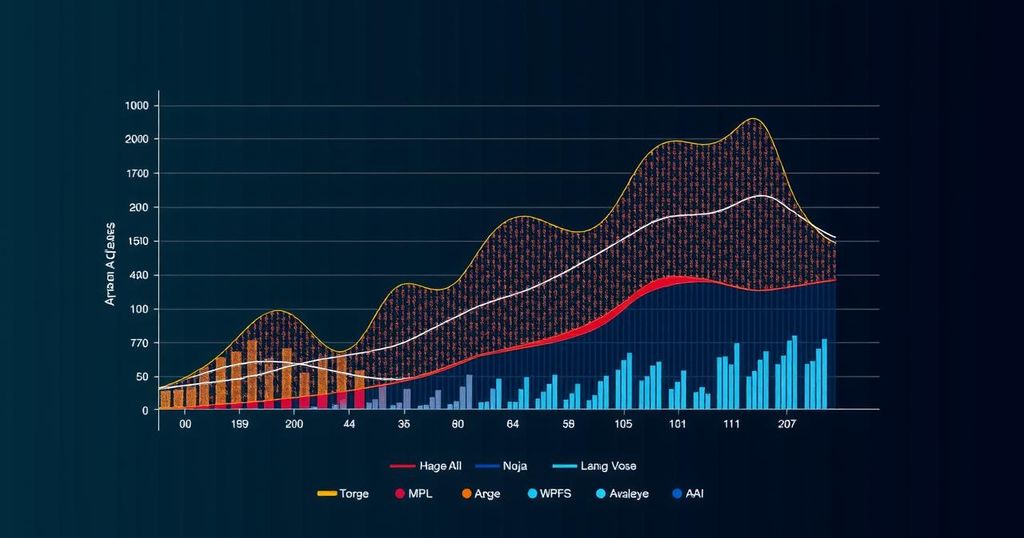AI Ethics in Academia: Unveiling the Undeclared Usage Dilemma
This article examines the alarming trend of undeclared AI usage in academic literature through the lens of the Academ-AI Dataset. Authored by Alex Glynn, the study analyzes 500 examples, revealing a systemic prevalence of undisclosed AI in respected journals. Despite calls for transparency and accountability, corrective actions remain scant. The findings urge publishers to strengthen their policies to uphold academic integrity in the face of technological advancements.
The preprint titled “Suspected Undeclared Use of Artificial Intelligence in the Academic Literature: An Analysis of the Academ-AI Dataset” dives deep into the intriguing yet troubling phenomenon of AI usage in academic writing. Authored by Alex Glynn from the University of Louisville, the study examines the prevalence of generative AI tools, such as ChatGPT, within the writing processes of researchers, emphasizing the need for transparency in declarations of AI usage. Glynn’s analysis of 500 documented cases reveals that instances of undeclared AI usage pervade prestigious journals and conferences, challenging the integrity of scholarly publishing.
Despite the significant resources at elite publishing houses, the findings underscore a disconnect between citation metrics and the vigilance expected in monitoring content authenticity. The researchers found that only a tiny fraction of these dubious instances are rectified after publication, often inadequately, raising concerns over how much undeclared AI remains hidden amongst academic literature. To combat this rising issue, it is crucial for publishers to enforce their existing policies against undeclared AI usage efficaciously. The report serves as a clarion call for increased scrutiny in the academic realm, urging the community to uphold authenticity in scholarly communications by actively policing AI declarations.
In the age of rapidly advancing technologies, particularly in artificial intelligence, the academic landscape is experiencing shifts that pose unique ethical dilemmas. Generative AI tools, like OpenAI’s ChatGPT, have revolutionized many fields, offering novel ways for researchers to craft their narratives. However, as these tools become integrated into the writing process, the necessity of transparency emerges. The academic community has reached a consensus that any reliance on AI should be declared in published works to maintain the trustworthiness of research. This necessity is especially pertinent as the usage of AI becomes more prevalent, thus making the findings of Glynn’s analysis critical to safeguarding the integrity of academic publishing.
The exploration of AI’s role in academia through the Academ-AI Dataset highlights a pressing issue: the unchecked utilization of AI without disclosure undermines scholarly integrity. With only a handful of corrections post-publication, corrective mechanisms remain inadequate in addressing the longer-term ramifications of this trend. By pushing for strict enforcement of policies against undeclared AI, the academic world can better navigate the dichotomy of technological assistance and ethical practices, striving towards a future where both coexist responsibly.
Original Source: www.infodocket.com




Post Comment